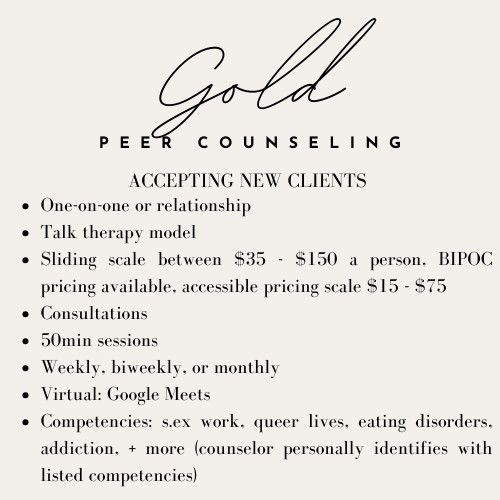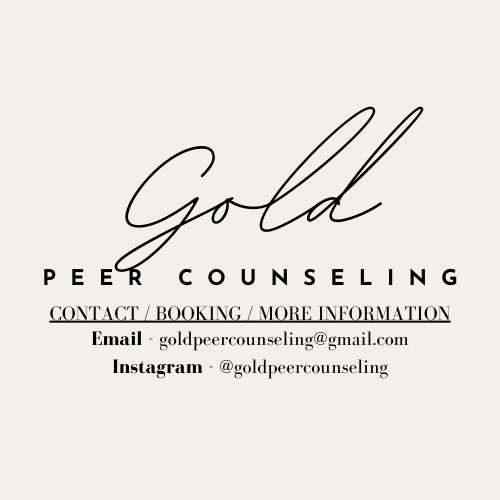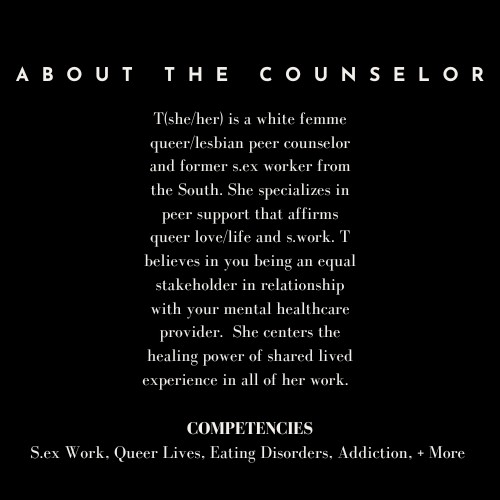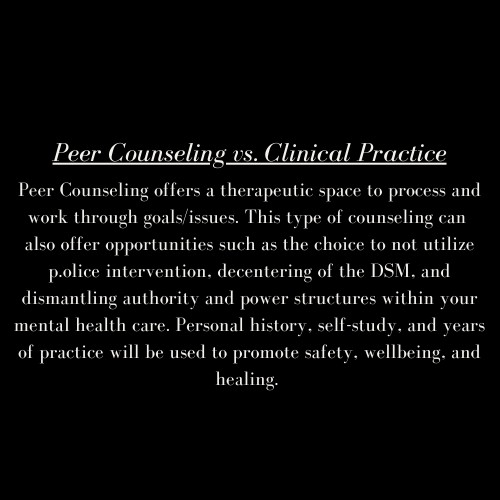We caught up with the brilliant and insightful T a few weeks ago and have shared our conversation below.
T, thanks for joining us, excited to have you contributing your stories and insights. Setting up an independent practice is a daunting endeavor. Can you talk to us about what it was like for you – what were some of the main steps, challenges, etc.
Gold Peer Counseling grew out of my own desire for competent and accessible mental health care. After years of traditional therapy, I had become burnt out on the cost as well as the education I felt like I was giving my therapists on my particular lived experience. I was also craving a particular attunement or unconventionality in my care that I and my community had always found healing. But had not typically found in traditionally licensed practices.
A friend referred me to a peer support counselor instead, and I started receiving care pretty soon after. I felt the difference immediately. This kind of help and support, which decenters the DSM and typical power structures, was what I was looking for. Throughout my time with the counselor, I shared that I had always been interested in psychology, care, and people-centered work. And because I was in search of a new career path, the counselor helped me develop my own peer counseling practice. They encouraged me to support specifically utilizing my lived experience in the sex industry, as they noticed the lack of mental health care providers with this particular lived experience. GPC started in March 2023.
GPC is now over a year old and there have been some challenges along the way. Providing space for others requires constant self work, self care, research, organization and marketing. However, I would not have done anything differently as this commitment to learning and unlearning is a pillar to all of the work that I love to do in this life. Any advice that I would offer someone looking to start their own practice would start with recognizing of identity and biases. There is a lot of inherent care that we can provide others with our humanity and lived experience. But, I attribute a lot of my successes to studies in self, social work, mental health care, and more.


T, before we move on to more of these sorts of questions, can you take some time to bring our readers up to speed on you and what you do?
Currently, I provide virtual counseling sessions. The peers that have come to my practice have mainly desired empathetic space/listening provided by someone who shares their lived experience in some capacity. The peers that I work with struggle with work, discrimination, relationships, substances & sobriety, communication, family dynamics, and so on. I feel proud of the peers that have been with me since the beginning. The bond and trust that we have built in conjunction with the growth that I have been able to witness in them makes me very happy.
The main things I want potential clients/followers/fans to know is that there is more than one way to heal and receive healing. I truly believe that the world is moving toward more holistic approaches to healthcare. And that this movement is necessary. Accessibility and presence is so incredibly important to humanity. I hope that with my work at GPC, I am contributing to some of that necessary change.


Are there any books, videos or other content that you feel have meaningfully impacted your thinking?
Many resources have educated or inspired me over the years. I am always watching, listening, or reading something that aligns with the work that I do. But the most significant impact has probably come from watching other professionals thrive in their care-centered, patient-first, lived-experience-fronted practices. People like Raquel Savage, Dulcinea Pitagora, Elle Stanger, Sabia Wade, and Andrea Hewitt are just some people that come to mind that I am always in awe of.
Any advice for growing your clientele? What’s been most effective for you?
Connecting with organizations that align with the communities with which I identify has been my most effective strategy for peer outreach. Reproductive justice organizations in New York, queer social groups in Atlanta, LGBTQ+ resource centers in New Orleans, covid conscious initiatives in Tennessee, and online databases for kink and poly friendly practices are just some examples of those connections.
Contact Info:
Image Credits
Headshot –> James Isaac Jones Photography


